Lunar New Year is one of the most important celebrations of the year among Malaysians. Lunar New Year is the celebration of a new year on the lunisolar calendar and is usually celebrated for multiple days, as it begins on the 1st and 2nd of February for 2022. The holiday marks the time for feasting and to honour heavenly deities and ancestors among Malaysians.
Soo Ching Ling, Admin & Accounts Executive from Classic Fine Foods Malaysia states that celebrating the Lunar New Year means the world to her, as she joins close friends gathering while feasting on delicious roasted pork and yee sang.
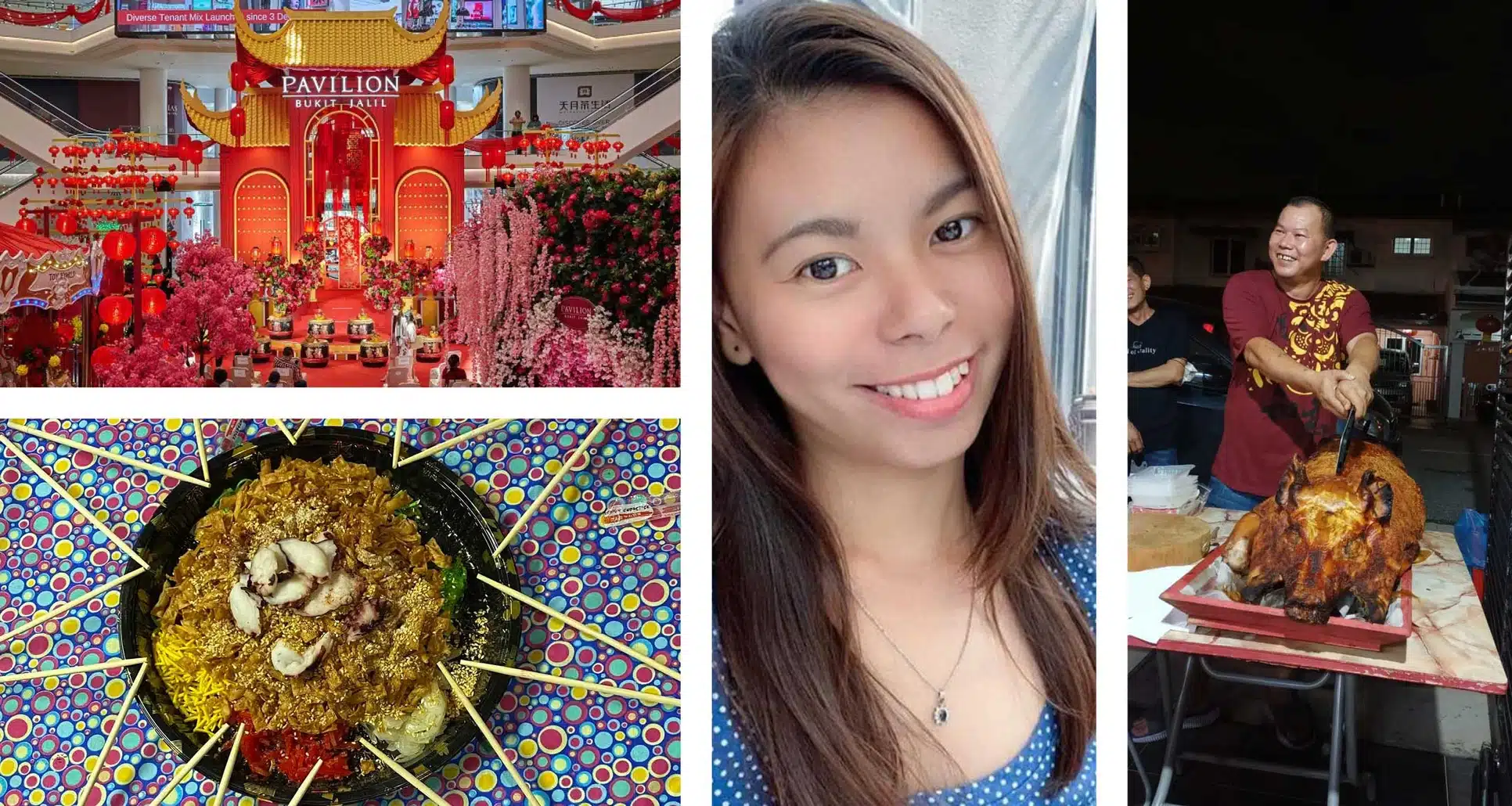
Pork is a symbol of prosperous life. Basically, it is a tradition to kill a domestic pig for the Spring Festival, to comfort a year’s hard work. People regard eating pork at family reunion dinners as a symbol of a rich life.
One of the classic dishes that is commonly consumed during the Lunar New Year is the yee sang, commonly known as the ‘prosperity salad’. It is believed that yee sang brings good fortune and wealth to those who toss the dish up. The most common ingredients found in yee sang are raw salmon, on top of a base of sliced pomelo, carrot, green or white radish, Chinese cucumber and leeks while garnished with peanut crumbs, sesame seeds, crackers, pepper, and five-spice powder. Last but not least, drizzled with sesame oil and plum sauce.
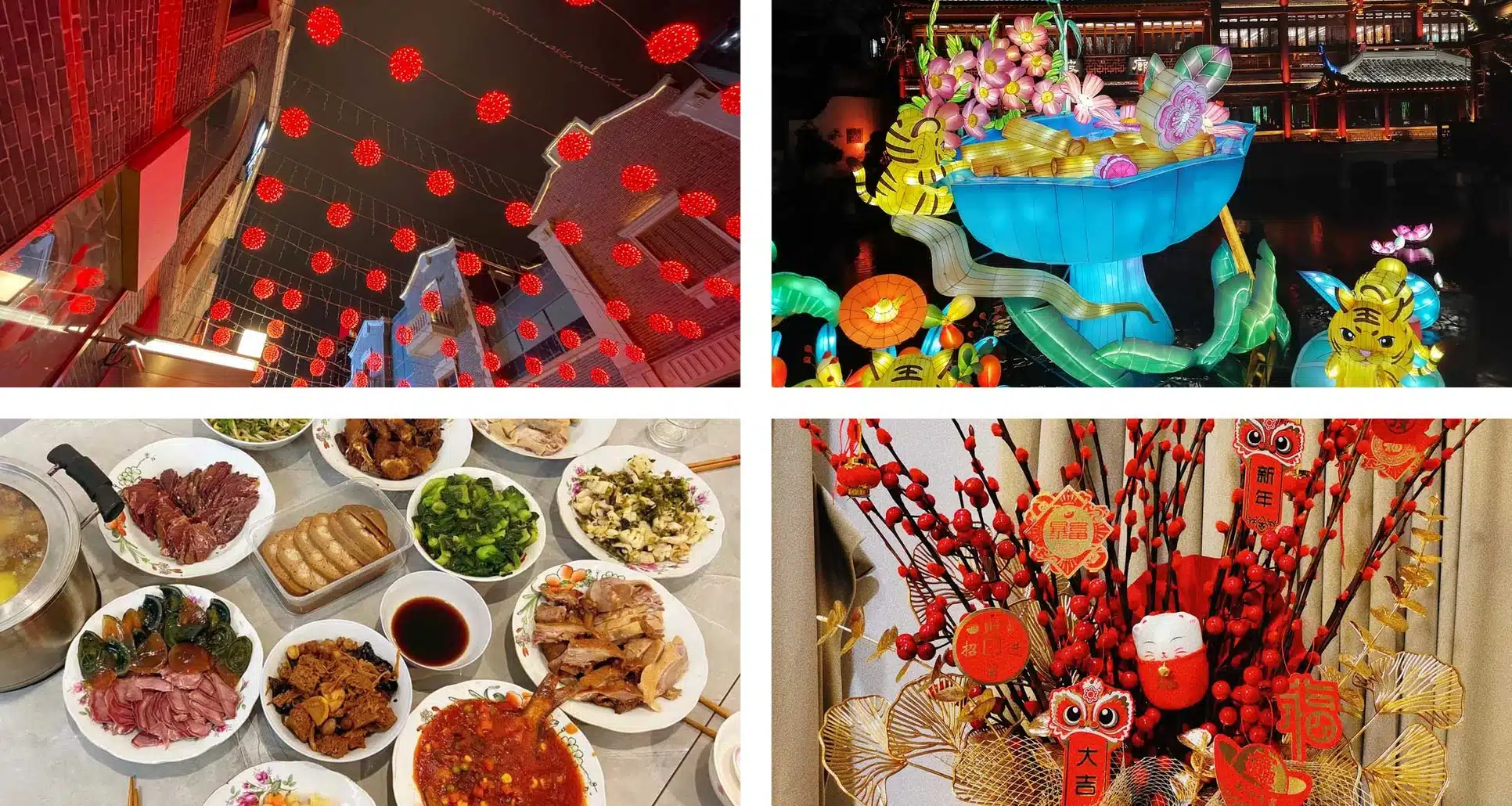
“New Year is the most celebrated festival in China!” says Yvonne Dai, Marketing Specialist at CFF Shanghai. “It’s the time of the year when people return home and gather with their loved ones after a hard year’s work, and to welcome together a prosperous new year”. During this 7-day period, there are many celebrations to usher out the old year and bring forth the luck and prosperity of the new one. We start with the New Year’s Eve dinner, and continue with firecrackers, fireworks, red clothes, and festive decorations. Various Lunar New Year symbols express different meanings. For example, the fish symbolizes “abundance of luck”, firecracker symbolizes “good luck in the coming year”, and the handmade dumplings resemble little nuggets of gold!
Olivia Tan, CFF HR Manager in Singapore explains that Lunar New Year is the time when family bids goodbye to the bad and welcomes spring for good! It’s a tradition to do spring cleaning for the house before lunar new year; to get rid of bad luck and welcome good fortune for the year! We believe that wearing new clothes and shoes on lunar new year, symbolize a new start for the new year. We usually go for red or brightly coloured clothes as we believe that red symbolize good luck and bright colours brings up the festive mood. On lunar new year eve, family would gather for a meal which we called as reunion dinner.
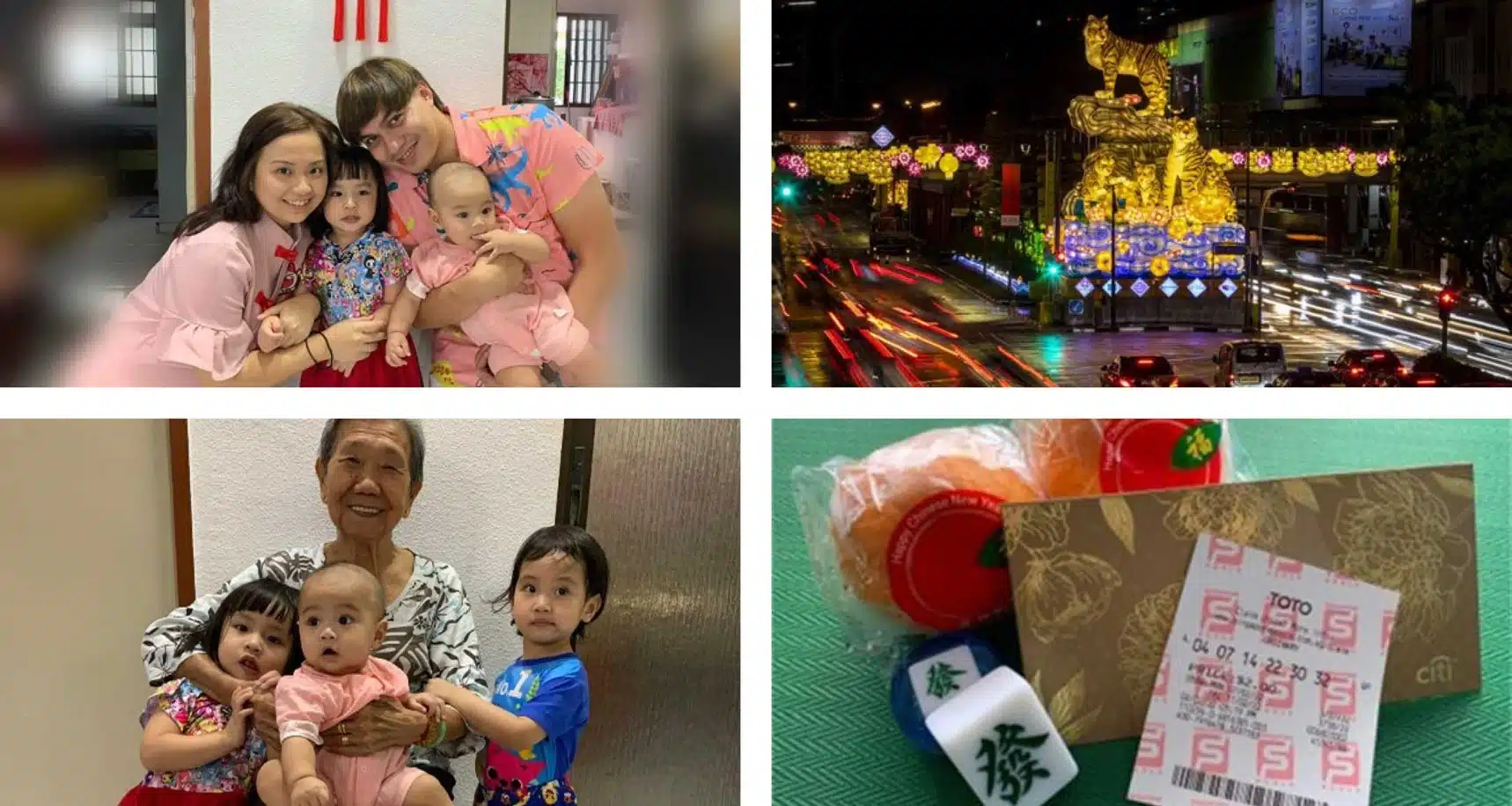
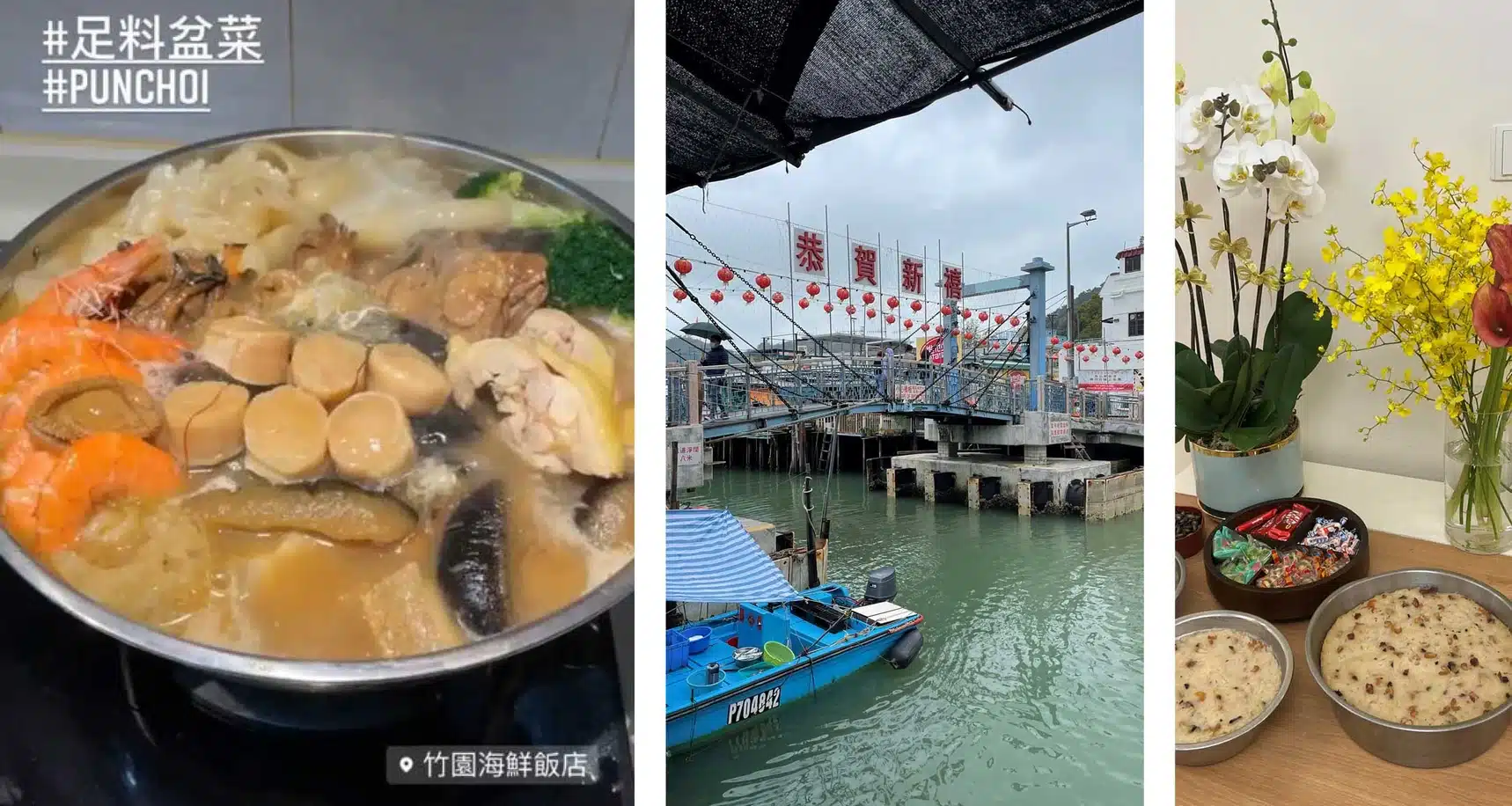
Chinese New Year is a time for families to get together and share a meal, tasting foods that will bring luck, health and money. Iris Choi, Sales Manager CFF Hong Kong explains that punchoi is one of the traditional dishes, it brings together seafood, meat and vegetables as well as the inevitable noodles. We also taste the turnip cake. Chinese New Year is a time to buy new clothes, clean the house and go to the temple to start the new year.
“Vietnamese New Year is also called Tet. It falls on February 1st in 2022. Vietnamese people enjoy a 7-day national public holiday from January 31st (Tet Eve) to February 6th, 2022. Vietnamese New Year is the most important festival of the year in Vietnam, and also the longest. Employees working during the Tết holiday are entitled to 300% of their normal daily salary” says Lan Nguyễn Thị Ngọc, CFF Vietnam Marketing Manager. “We celebrate love, the start of spring, and the best of hopes for the new year. Lunar year 2022 is a year of the Tiger on the Vietnamese zodiac”.
House cleaning and feasting take place on the 23rd day of the last lunar month, which is called ‘Kitchen God Day’. In Vietnamese culture, there are three deities (God of the Kitchen, God of the Land and House, and God of the Market) in charge of people’s homes and properties.
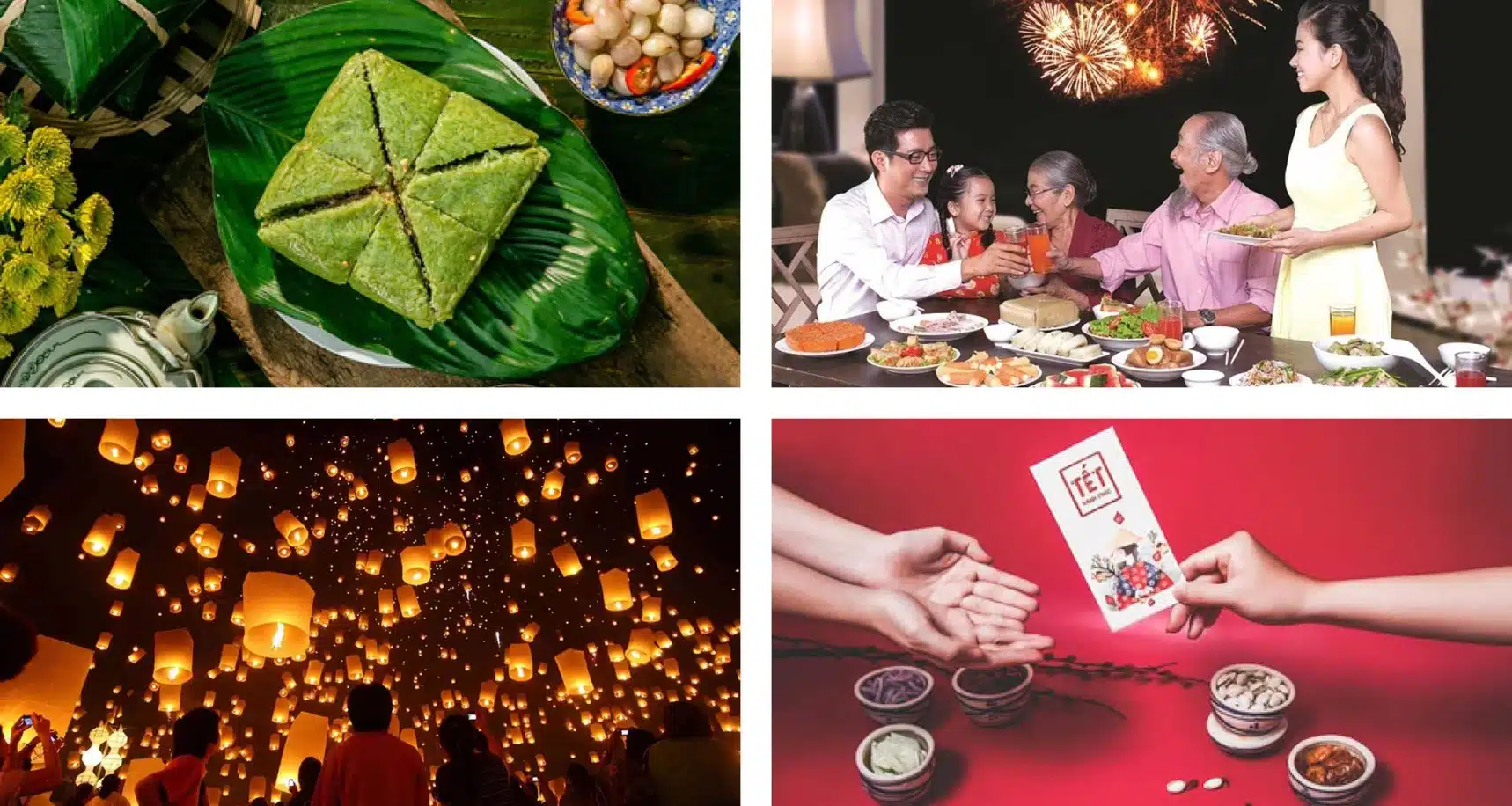
The 23rd of the twelfth lunar month is the date for the three deities to go to Heaven for their annual report and prayers for the coming year. They then come back to Earth on New Year’s Eve and resume their protective duties for the new year. On this day, Vietnamese households clean their houses and prepare a tray of traditional offerings as a farewell.
Chung cake is made from the 26th to the 28th day of the last lunar month. Chung Cake is a traditional and irreplaceable Vietnamese New Year food. They are square cakes made of glutinous rice, pork meat, and green beans and wrapped in bamboo or banana leaves. Square is traditionally thought of as the shape of Earth in some Asian cultures (Heaven being round). Vietnamese people make Chung cake to express their gratitude to their ancestors and their homeland.
It is on the last day of Vietnam’s last lunar month. New Year’s Eve on Vietnam’s lunar calendar is a day for finishing off the events of the past year, preparing for the new year, as well as family gatherings. One must clean the house and sweep away any bad luck of the old year. Cleaning in the first three days of the new year is not allowed, as it is thought to drive away Thần Tài (the God of Luck, in charge of a family’s wealth for each coming year). The most popular items for decoration are flowers, trees, and small red ornaments. An altar represents the family ancestors’ home or entrance door to Earth, hence cleaning of ancestral altars and offerings placed there are to please ancestral spirits.
Family members share stories of the past year and their hopes for new year, while eating special New Year ‘s Eve food together. Red is the auspicious colour for New Year and red envelopes are given as a way of wishing the young and old good luck. Activities include watching the New Year TV show and fireworks.
The first day of Vietnam’s first lunar month is the day to visit the fathers’ relatives. The day after is for visiting the fathers’ or husbands’ maternal side of the family. After that, time is spent visiting old friends and other relatives.
On the day of the First Full Moon of the New Year, which is very important for Vietnamese cultural and religious life, Tết Nguyen Tieu, Vietnamese eat vegetarian food and plain water for purification.
Other activities include going to a pagoda to pray for good luck in the new year. Flower vehicle parades, dragon and lion dancing, and lantern shows on the streets.